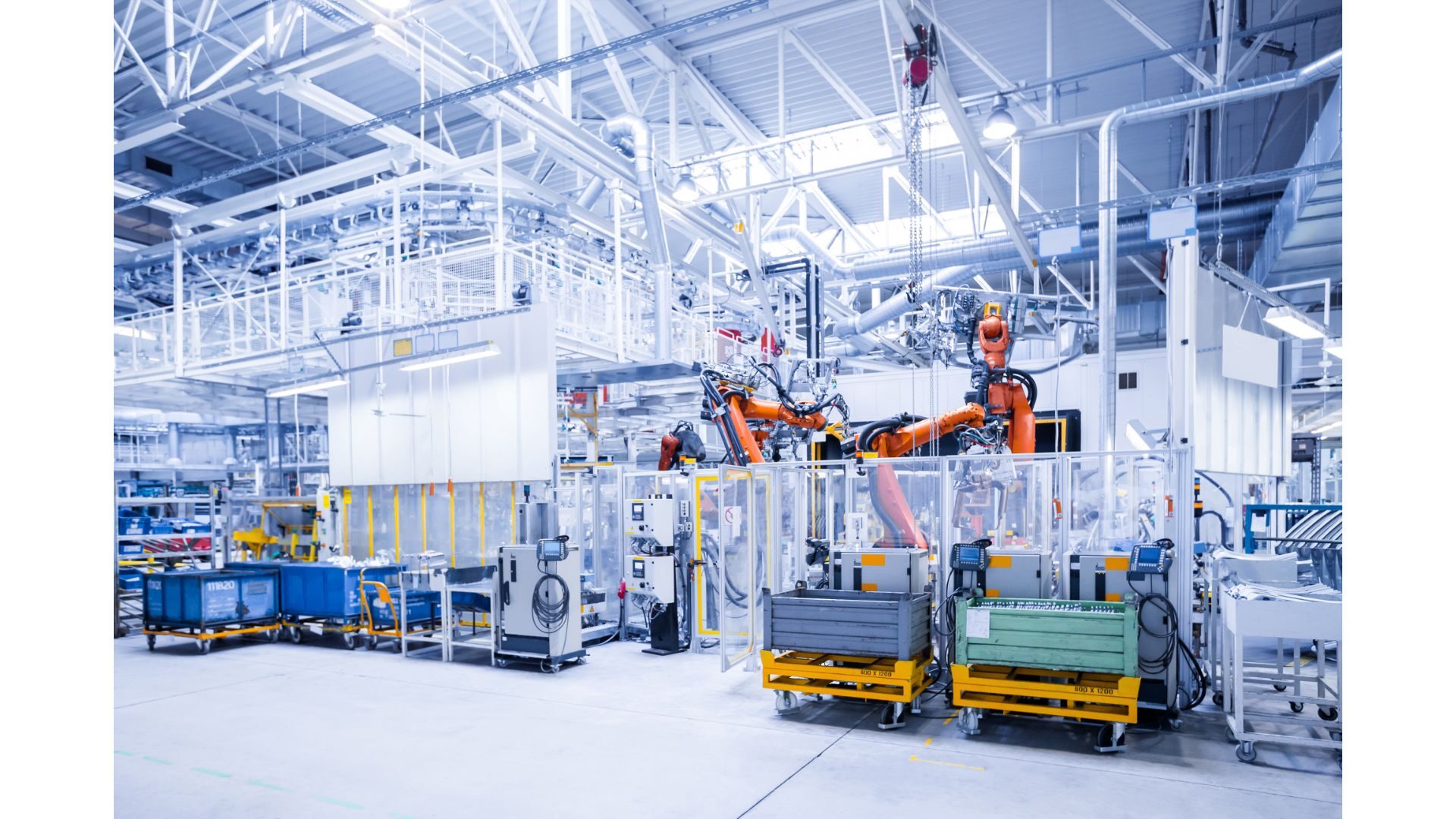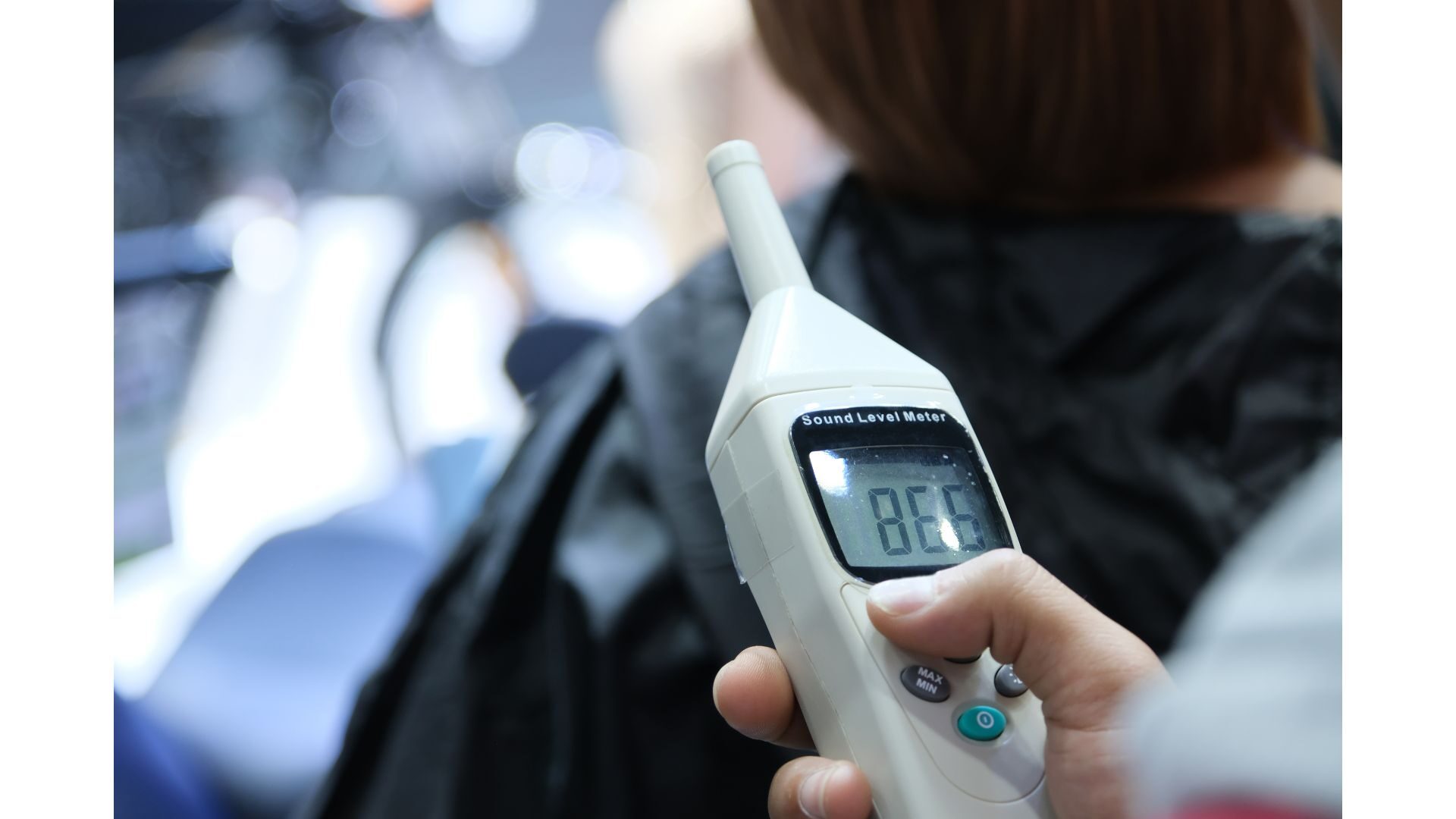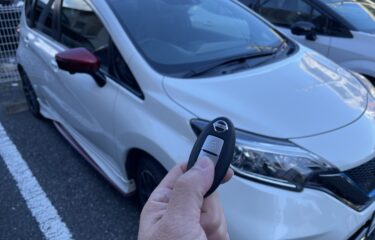- Car Functions
- Japanese Used Car
Identifying Unusual Noises When Choosing a Used Japanese Car in Sydney

When selecting a used Japanese car in Sydney, assuring quality and performance is paramount. Japanese cars are renowned globally for their high technological standards and reliability, enjoying popularity in Australia as well. However, in the used car market, it’s essential not just to assess the exterior but also to judge the mechanical soundness, especially for critical components like the engine and transmission, as undetected issues may lead to significant repair costs and safety risks in the future.
Unusual noises are a crucial sign indicating potential problems. The ability to distinguish between normal and abnormal sounds is vital in understanding the true condition of a used car and ensuring its long-term investment value. This skill can be challenging even for experienced mechanics, but with basic knowledge and attention to detail, even ordinary buyers can make informed decisions.
Article Purpose and Overview
This article aims to equip Sydney residents with the knowledge to correctly identify unusual noises when choosing a used Japanese car, making informed purchasing decisions. Since unusual noises often serve as early warnings of significant mechanical issues, discerning them is crucial for the success of buying a used car.
We will first explain the common types of unusual noises and their causes, followed by specific steps and checkpoints for verifying these noises, offering guidelines on how to identify and assess them. The article will also cover how to deal with detected noises, incorporating expert opinions to minimize risks when buying a used car.
Through this article, we aim to empower Sydney residents with the confidence and knowledge to make informed decisions when selecting a used Japanese car.
What to Know Before Choosing a Used Car in Sydney
Choosing a used car in a city like Sydney involves unique considerations. Understanding the market dynamics is crucial, as the high demand for Japanese cars affects supply and pricing. The price of used cars is determined by the balance of demand and supply, making market trend awareness key to purchasing at the right price.
Additionally, accurately assessing a car’s condition requires knowledge of its history, maintenance records, and accident history. This information is vital for understanding the vehicle’s actual value and preparing for potential future issues. The impact of Sydney’s climate and road conditions on vehicles should also be considered, such as corrosion issues in coastal areas.

Quality and Reliability of Japanese Cars
Japanese cars are globally recognized for their quality and reliability, attributed to strict manufacturing standards and quality control processes. In the used car market, Japanese cars are valued for their durability and high reliability. They can maintain high performance over long periods if properly maintained, often performing close to new cars.
Moreover, Japanese cars often excel in fuel efficiency and low emissions, suitable for urban environments like Sydney. The widespread availability of parts for Japanese cars globally makes repairs and maintenance comparatively affordable and convenient, making them an attractive option for long-term value seekers in the used car market.
1. Common Types of Unusual Noises
Identifying unusual noises is crucial when choosing a used Japanese car in Sydney. Different types of noises can indicate various problems, such as:
– Engine noises: Ticking, buzzing, or hissing sounds from the engine could indicate oil shortages, valve issues, or wear in the timing chain.
– Brake noises: Squealing or screeching from the brakes often points to worn brake pads or disc problems.
– Suspension noises: Knocking or rattling suggests wear in shock absorbers or bushes.
– Exhaust system noises: Roaring or gurgling sounds could signify leaks or damage in the exhaust system.
These noises are important indicators of a vehicle’s condition.
2. Main Causes of Unusual Noises
Unusual noises can arise from various causes, including:
– Wear and aging: Over time, vehicle components wear out and age, a common issue in used cars causing noises.
– Improper maintenance: Cars without regular maintenance are at higher risk for noises, such as delayed engine oil changes or not replacing brake pads timely.
– Damage from accidents: Past accidents or collisions can damage parts, leading to noises.
– Use of low-quality parts: Noises can also result from using inferior parts during repairs or replacements.
Understanding these causes helps make more accurate decisions when choosing a used Japanese car, as these noises are significant signs of potential repair needs and safety concerns.
Roundabout Australia inspects whether genuine parts are used along with the vehicle’s maintenance history to minimize these risks.

3. Engine Noise Checkpoints
Checking engine noise is a crucial step when buying a used car, especially for Japanese cars known for their performance and durability. Key points include:
– Cold engine start: Starting the engine cold can reveal internal wear or problems through irregular idling or abnormal knocking sounds.
– Noise during idling: Check for any unusual sounds while the engine is idling, indicating potential issues.
– Engine noise during acceleration: Unusual sounds (squealing, rattling) during acceleration could suggest engine or exhaust system issues.
Performing these checks helps evaluate the engine’s health more accurately.
4. Checking for Noises While Driving
Checking for noises while driving is crucial for assessing a car’s dynamic performance. Pay attention to the following:
– Sounds during acceleration and deceleration: Noises during acceleration or deceleration could indicate problems with the transmission or drivetrain.
– Noises when cornering: Sounds while turning suggest issues with the suspension or wheels, especially if you hear creaking or knocking noises.
– Unusual vibrations or changes in handling: If you notice vibrations or changes in handling along with noises, it could point to issues with the tires, wheel balance, or steering system.
5. Checking for Noises When Stationary
Checking for noises when the car is stationary is also important. Focus on:
– Sounds after engine off: Normal cooling noises like ticking are expected, but popping or hissing sounds can indicate issues.
– Body noises: Creaking sounds from the car body may suggest problems with the suspension or frame.
– Noises when using the air conditioner or heater: Noises during operation can indicate issues with these systems.
These checks can help you understand potential problems with a used Japanese car before making a purchase decision.
6. Preparing Before Starting the Engine
Before beginning the noise check, it’s important to prepare properly. This includes:
– Checking around the car: Visually inspect for any obvious damage or anomalies, including the condition of the tires and any dents or scratches on the body.
– Checking fluid levels: Ensure that oil, coolant, and brake fluid levels are correct. Low or dirty fluids can be a sign of issues.
– Checking the battery condition: Make sure the battery terminals are clean and securely connected, as corrosion or looseness can affect engine performance.
These checks are essential for understanding the basic condition of the vehicle and ensuring safety when starting the engine.
7. Conducting a Test Drive
The test drive is one of the most crucial parts of evaluating a used car’s performance. Follow these steps:
– Test in a quiet environment: To accurately identify unusual noises, perform the test drive in a location with minimal traffic noise.
– Drive at various speeds: Test the car at low, medium, and high speeds to check for noises.
– Test on different road conditions: Since noises can vary with road surfaces, test the car on as many different types of roads as possible (smooth, bumpy, etc.).
The test drive effectively identifies any operational abnormalities in the car.
8. Post-Drive Checks
Continue checking for noises even after stopping the engine. Pay attention to:
– Sounds after engine stop: Listen for any noises immediately after turning off the engine, distinguishing between normal cooling sounds and unusual noises.
– Air conditioning and heater checks: Turn on the air conditioning and heater to check for any noises, assessing the condition of these systems.
– Electronic device checks: Use the radio, navigation system, and other electronic devices to ensure no noises are coming from them.
These checks help you gain a more detailed understanding of the overall condition and potential issues of the car.
9. Actions If Unusual Noises Are Detected
If unusual noises are detected, follow these steps
– Identify the type and source of the noise: Determine the kind of noise (squealing, ticking, etc.) and where it’s coming from as accurately as possible.
– Seek expert opinion: If you cannot identify the cause of the noise, consult an expert. The issues indicated by noises can sometimes require significant repairs.
– Estimate repair costs: Once the cause of the noise is identified, get an estimate for the repair costs and assess whether they are reasonable compared to the vehicle’s value.
These actions allow you to make informed decisions when unusual noises are detected. Whether indicating minor or more significant problems, careful consideration is required.
Reaffirming Key Points in Choosing a Used Japanese Car
When choosing a used Japanese car in Sydney, reaffirm these critical points:
– Assessing quality and reliability: Japanese cars are known for their quality and reliability, but it’s also important to consider the vehicle’s history and maintenance condition.
– Checking for noises: Thoroughly check for engine noises, noises while driving, and stationary noises, ensuring no potential issues are missed.
– Complete investigation and test drive: Research the vehicle’s history, perform a test drive, and see the car’s condition firsthand.
Adhering to these points helps make better decisions when selecting a used Japanese car.
Future Plans and Recommended Resources
To plan for purchasing a used Japanese car:
– Conduct market research: Investigate the used car market in Sydney to understand the average prices and availability of the car models you’re interested in.
– Select vehicles: Based on your budget, needs, and preferences, select potential vehicles.
– Consult experts: Where possible, seek advice from used car experts or trusted mechanics to aid in vehicle selection.
– Plan post-purchase: Organize for insurance, registration, and any necessary repairs or customization after purchase.
Recommended resources include used car price comparison websites, automotive review and rating sites, and local used car dealer websites. Utilizing these resources for information gathering can help you make informed purchasing decisions.
By carefully planning and using the available resources, you can navigate the process of selecting and buying a used Japanese car in Sydney more effectively. This approach not only helps in finding a vehicle that meets your needs and budget but also minimizes the risk of future issues, ensuring a satisfying and value-for-money purchase.
In summary, the key to choosing the right used Japanese car in Sydney lies in thorough preparation, careful inspection for unusual noises, and an informed approach to decision-making. By following the guidelines and steps outlined in this article, you’re well-equipped to make a wise and confident choice, ensuring your investment in a used car pays off in terms of reliability, performance, and overall satisfaction.
Popular

- Japanese Used Car
- Blog
The Pitfalls of Purchasing Imported Japanese Used Cars
27 February 2024

- Blog
Your Complete Guide to Buying a Used Car in Australia: From Pre-Purchase Inspection to Post-Purchase Maintenance
01 October 2024

- Car Functions
- Blog
Smart Key Solutions: Battery Replacement and Troubleshooting
23 March 2024

